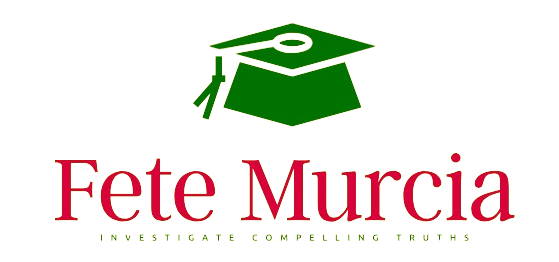A strong immune system is vital for your child’s overall health and well-being, especially as they grow and encounter new environments and germs. A well-balanced diet that includes essential vitamins is one of the most effective ways to support their immune function. While there is no magic solution, certain vitamins play a key role in boosting the immune system. Ensuring your child receives adequate amounts of these vitamins can help fortify their body’s defenses and promote long-term health. One of the most important vitamins for immune health is vitamin C. This water-soluble vitamin is well-known for its immune-boosting properties. It helps the body produce white blood cells, which are crucial for fighting infections. Vitamin C also acts as an antioxidant, protecting cells from damage caused by free radicals. Foods rich in vitamin C, such as citrus fruits, strawberries, kiwi, and bell peppers, should be a regular part of your child’s diet.
While supplements are available, it is preferable to obtain vitamin C from whole foods, as they also provide fiber and other nutrients. Vitamin D is another crucial nutrient for immune support. It plays an essential role in enhancing the pathogen-fighting effects of monocytes and macrophages, two key cells in the immune system. Vitamin D can be synthesized by the body when exposed to sunlight, but depending on where you live or the time of year, your child may not get enough from sun exposure alone. A deficiency in vitamin D can leave your child more vulnerable to infections, so it is important to ensure they receive adequate amounts through diet, supplements, or safe sun exposure. Hiya heavy metals Vitamin A is another nutrient essential for a robust immune system. It helps regulate the immune response and is vital for maintaining the integrity of the skin and mucous membranes, which are the body’s first line of defense against pathogens.
Vitamin A can be found in foods like sweet potatoes, carrots, spinach, and other leafy greens. Ensuring your child has a variety of these colorful vegetables in their diet can help provide the vitamin A needed for immune health. Vitamin E is also important for immune function, acting as an antioxidant to protect cells from damage. It helps support the immune response by neutralizing harmful free radicals, ensuring that the body’s defenses remain strong. Foods like nuts, seeds, and spinach are excellent sources of vitamin E, making them a beneficial addition to your child’s meals. A diet rich in vitamins C, D, A, and E, combined with an overall healthy lifestyle, can give their immune system the boost it needs to fight off infections and maintain good health. While supplements can help in cases of deficiency, it is always best to focus on providing these nutrients through whole foods, where they naturally occur alongside other beneficial compounds.


